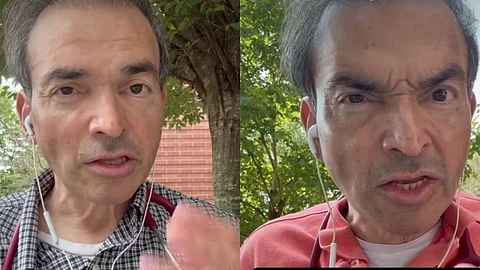India supplies nearly 47% of U.S. generics, contributing to $219 billion in savings to the U.S. healthcare system in 2022 alone. Generics make up 90% of U.S. prescriptions, and most of these come from India, making it the “pharmacy of the world.” In 2024, India exported $12.5–12.7 billion worth of pharmaceuticals to the U.S., accounting for roughly 31% of its total pharma exports.
However, even a 25% pharma tariff could significantly raise drug prices, worsen shortages, and strain U.S. hospitals and insurers. The Association for Accessible Medicines (AAM) warns that such tariffs would undermine the availability of low-margin generics, discourage onshoring, and hurt patients in both countries.


